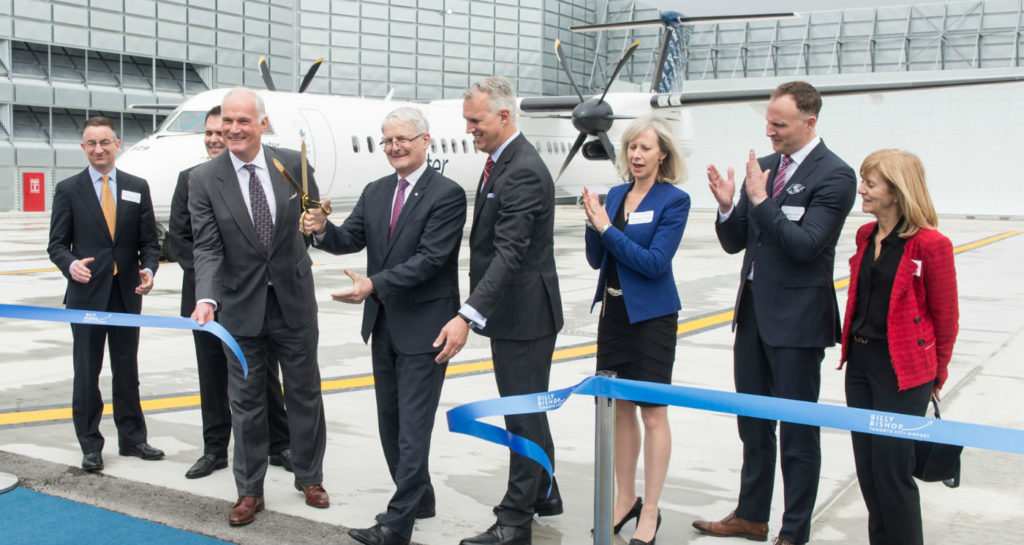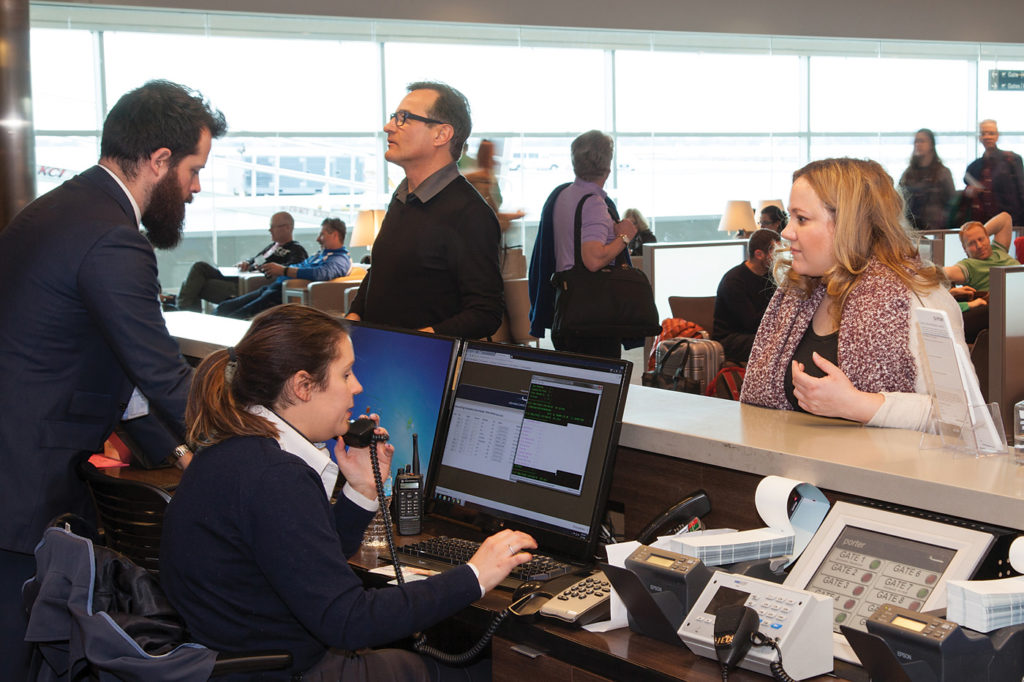Estimated reading time 7 minutes, 1 seconds.
The rights of air passengers in Canada are slated to be beefed up in 2018 under the federal government’s vision for new regulations to protect consumers.

The timing of when those regulations might begin to be developed hinges on Bill C-49 passing through Parliament and receiving royal assent. Enhancing the rights of air travellers is a high-profile part of the broader transportation bill.
The Canadian Transportation Agency (CTA) has the task of overseeing the drafting and finalizing of new regulations, based on public consultations with groups representing a variety of interests.
“The CTA is putting all the pieces in place so that we’re ready to move very quickly after the bill passes both houses and receives royal assent,” said CTA chairman and CEO, Scott Streiner, in an interview. “We are going to make sure that we’re ready to roll and that we’re able to have the consultation process done in about two to three months after the bill has passed.”
Transportation industry observers speculate that those consultations could be held in the spring of 2018, based on Bill C-49 receiving royal asset by then.
The CTA wants to hear from a wide range of groups, such as the aviation sector, consumer rights advocates, the travelling public and industry experts.

How much detail goes into the regulations will depend on the language in the portion of the legislation dealing with air passenger rights. For consumer advocates, that raises the prospect of specific compensation levels to be spelled out for events such as denied boarding (bumping), delayed flights and cancellations.
The issue of passenger rights made headlines in the summer, notably when Air Transat flight TS157 from Brussels experienced a delay of nearly six hours on the tarmac at Ottawa International Airport after being diverted from Montreal due to severe weather on July 31.
“As a frequent traveller, I can imagine how difficult the situation must have been in those conditions after a long transatlantic flight,” said Transport Minister Marc Garneau in a statement in August. “Our government’s objective is to bring clear, transparent and enforceable rights for passengers in a more competitive and accountable market.”
The CTA held hearings in late August into the tarmac delays in Ottawa involving Montreal-bound Air Transat flights TS157 (from Brussels) and TS507 (from Rome).
In September, the federal Standing Committee on Transport, Infrastructure and Communities heard submissions on Bill C-49, including a presentation by Marina Pavlovic, an assistant law professor at the University of Ottawa.

“The current regime of complicated tariffs and related individual carrier’s contracts is overly complex and ineffective,” Pavlovic said in her presentation notes. “Consumer rights regarding air travel are varied and fragmented. They depend on a number of factors and it is difficult, if not impossible, for consumers to know ahead of the time what rights they have and what are the appropriate redress mechanisms.”
Pavlovic said Canada needs to go beyond what has been attempted in the past to establish minimum obligations for airlines to follow.
In 2008, the federal government announced an informal bill of rights, saying “Flight Rights Canada” would help promote a code of conduct for Canadian carriers.
Then in 2009, the National Airlines Council of Canada unveiled its own passenger bill of rights, though critics say that move was more about general principles rather than genuine enforcement. The council represents Air Canada, Jazz, WestJet Airlines Ltd., and Air Transat.
Pavlovic said she believes regulation is the appropriate mechanism for the new bill of rights, which consumer advocates hope will be in place by the end of 2018.
“A bill of rights and an effective redress mechanism are essential components of a robust consumer protection regime,” she said.
The Ottawa-based Public Interest Advocacy Centre (PIAC) welcomes moves to strengthen the rights of air travellers. PIAC backs efforts to draft rules that would address concerns over issues such as flights delays, cancellations, delayed or lost luggage and overbooking. The group also wants to see the creation of an air passenger complaints commissioner.
Bruce Hood served as air travel complaints commissioner under the CTA from 2000 to 2002, followed by Liette Lacroix Kenniff from 2002 to 2004. The commissioner position wasn’t renewed, but the air travel complaints program has remained in place at the CTA. The program, which saw a spike in gripes after the CTA raised consumer awareness in mid-2016 for filing complaints, aims to help resolve disputes through “facilitation, mediation and adjudication.”
The CTA’s Streiner said the Air Transat incidents underscore the importance of having air passenger rights that provide for fair and consistent levels of compensation.
“We want passengers to actually be able to find out what their rights are without having to dig through layers upon layers of websites,” said Streiner.
The CTA plans to set up a website to encourage online discussions, assuming Bill C-49 receives royal assent. Consultation hearings are also in store for various locations across Canada.
Garneau said he expects “clear and fair standards” to emerge and that through regulations, “minimum compensation to be paid to passengers under certain circumstances would also be established.”








